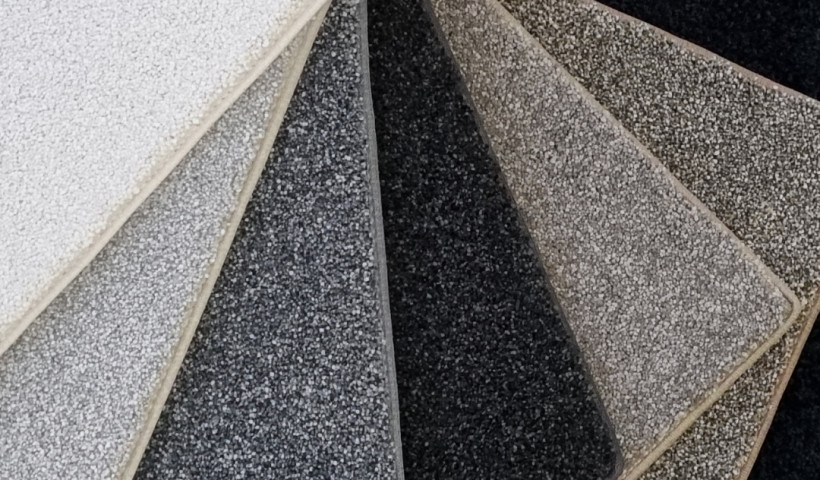 NEW
NEW
There are three threads entwined in the uproar over the New Zealand Government’s decision to procure up to 8 million dollars worth of nylon carpets for our state schools from an overseas-owned supplier.
- Nylon flooring is a missed opportunity to support our NZ wool industry
- Synthetic carpet is not a healthy, sustainable solution compared to wool
- Giving the carpet contract to an overseas supplier means sending money off-shore rather than using our tax dollars to purchase from a New Zealand-owned business.
We discuss these points alongside the queries and assumptions we hear about this topic.
1. New Zealand wool
Do we want to support our NZ wool industry?
Yes, we do, and wool carpet is one product choice that does that.
Why is New Zealand wool special?
NZ wool is favoured because it is soft, meaning it feels good and takes on brighter colours with more accuracy. This is why it is gorgeous for garments, and in our case, custom 100% wool rugs.
Other wools are coarser and therefore more robust.
This is why New Zealand wool is often blended with other wool and/or nylon for commercial use.
The very qualities that make it special are the same qualities that make it less fit for purpose for heavy-duty use, but highly desirable for luxury applications.
What’s better for schools, broadloom (roll) or tile carpets?
For longevity and ease of replacing any damaged flooring at minimum cost, tiles win.
Are there tiles made from NZ wool available with a commercial warranty?
We have not found a carpet tile currently available using 100% wool or NZ wool blend that we would say is fit for purpose in terms of durability, despite significant effort over the years.
Are carpet tiles made in New Zealand?
All commercial carpet tiles are made off-shore, even if they’re made from NZ wool.
2. Sustainability
Is wool a healthy, sustainable choice in flooring?
Wool absolutely has health benefits, being a natural fibre. It regulates air temperature and moisture and helps to capture contaminant air particles, thus improving overall air quality. That’s the fibre.
The backing is also important; some natural fibre carpets contain undesirable components in the backing.
Whilst the yarn can be sustainably grown and harvested (carbon emissions from farming aside), the lifecycle of the yarn in terms of being sustainable/organic and able to break down after use depends on a number of factors:
- The backing
- If the yarn can be separated from the backing
- How the yarn is coloured
- If the yarn is a blend — oftentimes commercial wool carpet is an 80/20 wool/nylon blend to enhance performance and longevity, which means the wool and nylon can’t be separated for recycling or organic composting.
Is nylon a healthy, sustainable choice in flooring?
Actually, yes, it can be. If you use nylon recycled from post-consumer or manufacturing waste, you support a circular economy, as recycled nylon is itself endlessly recyclable. You are also using waste collected from, for example, discarded fishing nets, saving marine life while you’re at it.
The natural versus synthetic argument for sustainability is not as clear-cut as natural = good, synthetic = bad. Most cutting-edge manufacturers leading this technology are using renewable energy, generating minimal waste and heading towards being carbon neutral if not there already.
Sustainability also includes product performance over time. Carpet that lasts longer means less waste and less cost. Nylon is undoubtedly more durable, stain resistant and fade-resistant than natural fibre.
Remember wool tiles are also made off-shore, so there are still freight-related emissions to consider for both nylon and wool options.
3. Money
What is more expensive, wool or nylon?
Wool as a fibre is more expensive than nylon, whether the nylon is recycled or virgin.
Nylon lasts longer than natural fibre, so frequency for replacement is a factor in price.
NZ wool can be more expensive than other wools because of the quality.
Why didn’t the Ministry of Education prioritise a New Zealand-owned carpet supplier?
This is the big question.
Given the government has procured a nylon product that contains recycled material, this opens the door to purchasing commercially warranted nylon carpet tiles from a New Zealand-owned and operated company.
Sam Fowler, Head of Property for the Ministry of Education, is quoted as saying that the essential factor in winning the tender to supply carpet tiles to our State schools is/was durability — a 15-year warranty.
There is little doubt that a New Zealand supplier could match the warranty and price for such a quantity.
Given the probable issues with the performance of all-wool carpets not being as fit for purpose as the recycled nylon alternative, the choice of an overseas supplier above a local one is more affronting than the choice of yarn.
Conclusion
In principle, we support the choice of nylon tiles over wool, given the superior performance of nylon flooring and the sustainability of recycled nylon, when it is in turn recyclable.
We don’t support taxpayer money going to a foreign-owned supplier when there are alternatives in New Zealand.
Further reading:
This article in School News includes interviews with Sam Fowler, Head of Property at the Ministry of Education, and Umesh Dayal, owner/operator of Heritage Carpets.
Disclosure statement from Heritage Carpets:
Heritage Carpets was an applicant in the tender process for State School flooring. Our submission was declined.
We import a New Zealand wool blend carpet – a broadloom made from 80% wool, 20% nylon. 70% is NZ virgin wool. Made in Denmark, Højer Kontrakt comes with a heavy commercial warranty. They don't make tiles.
We have multiple tile products that are 100% recycled nylon yarn and recyclable. Our carpet tiles are already installed in numerous schools around New Zealand. Established in 2007, we are 100% New Zealand-owned and operated.
Heritage Carpets is the exclusive distributor of modulyss, Fletco and Bentley Mills carpets in New Zealand. We supply custom broadloom and rugs.











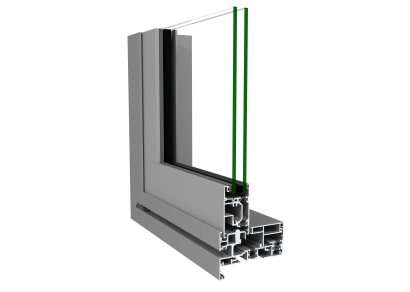
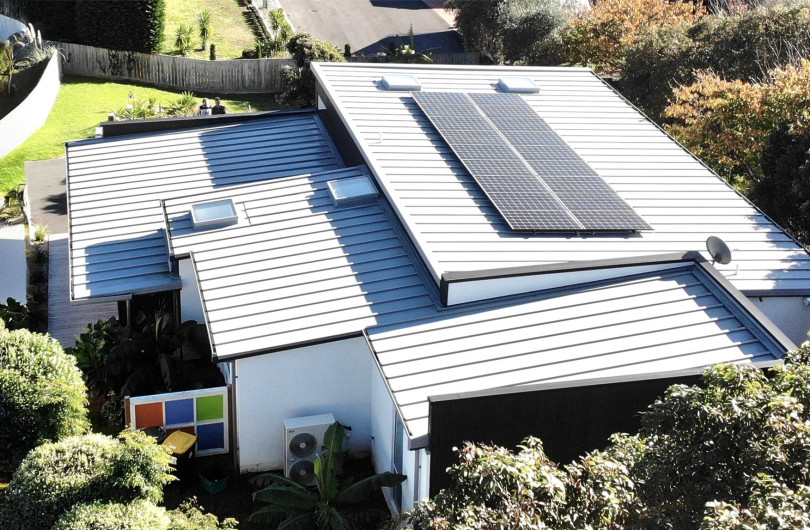
 New Products
New Products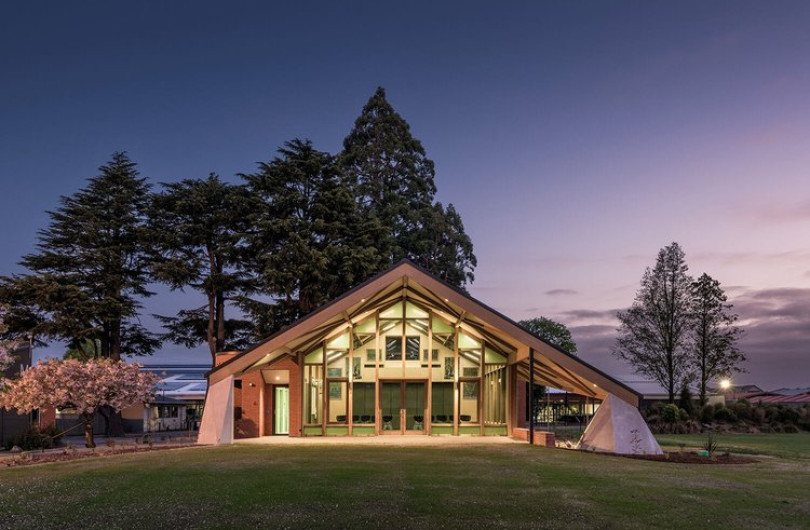
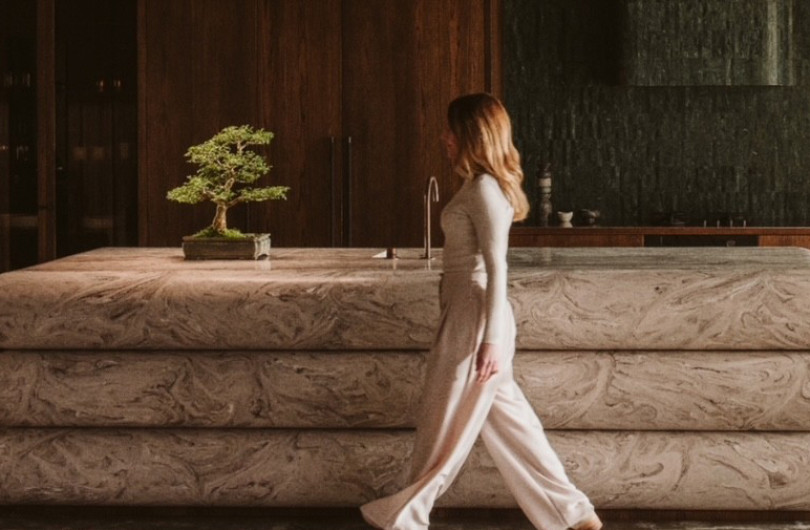

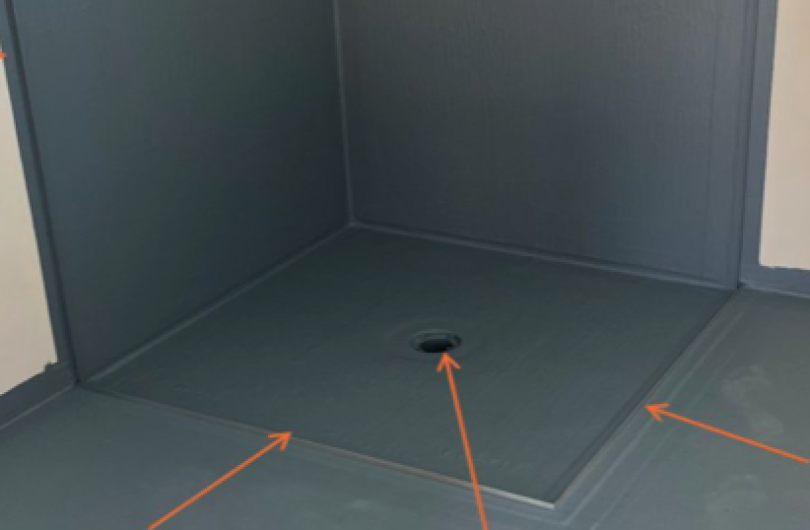



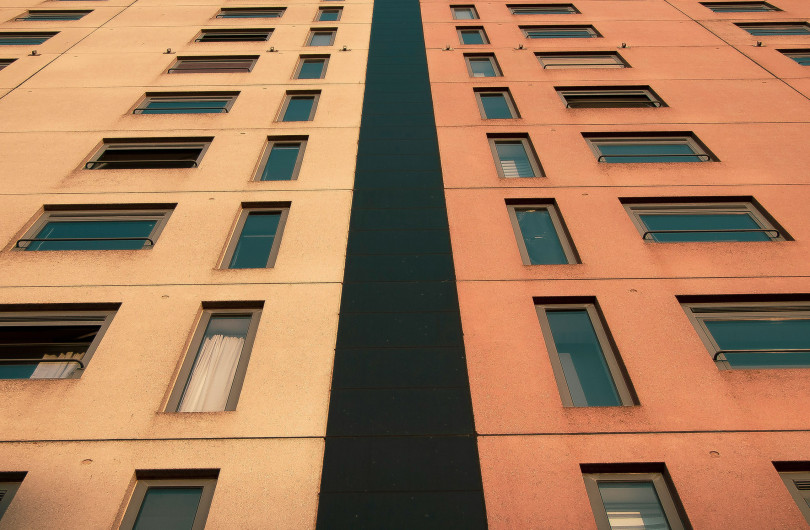


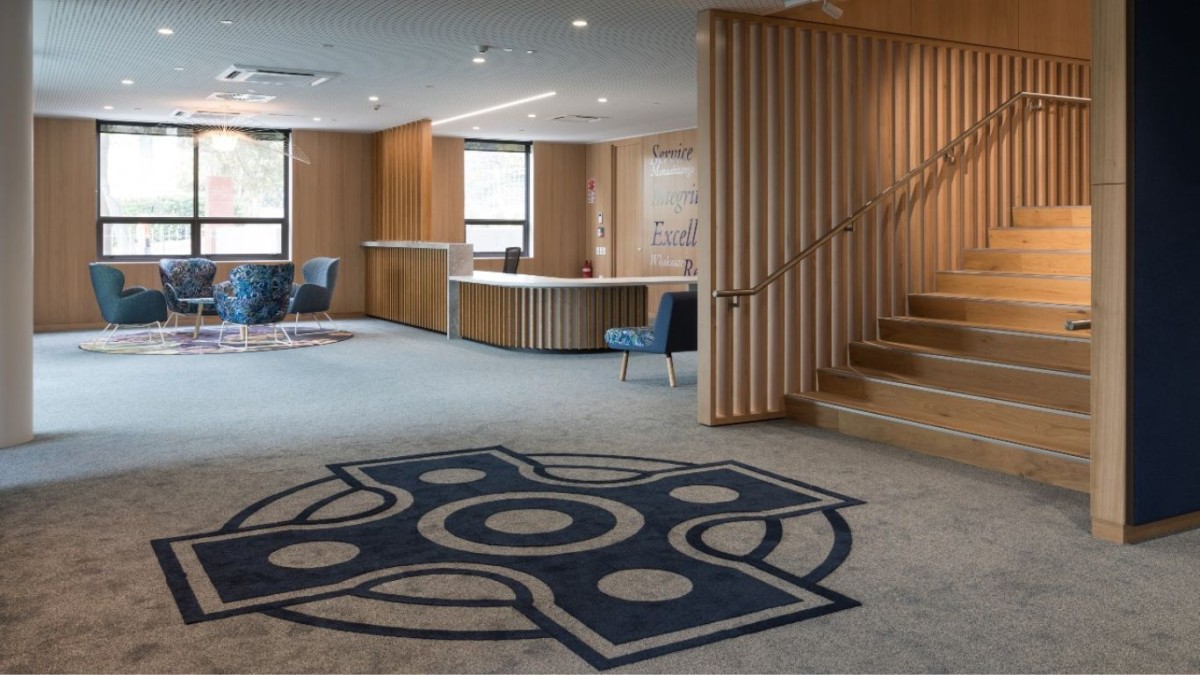
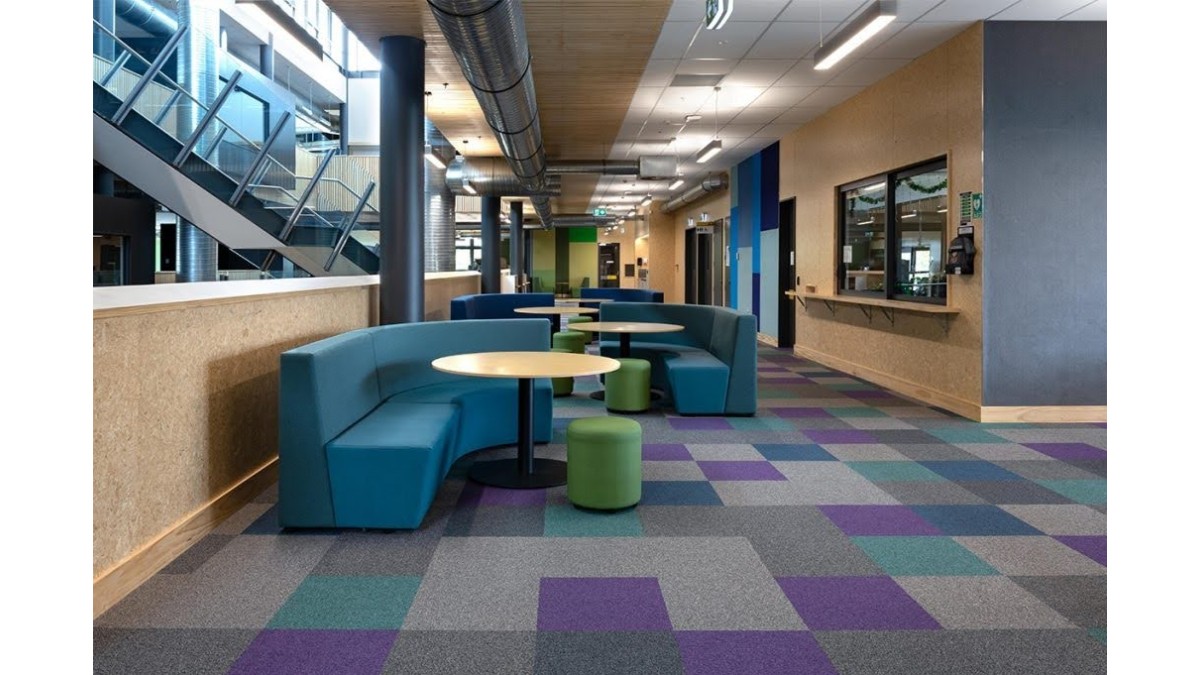

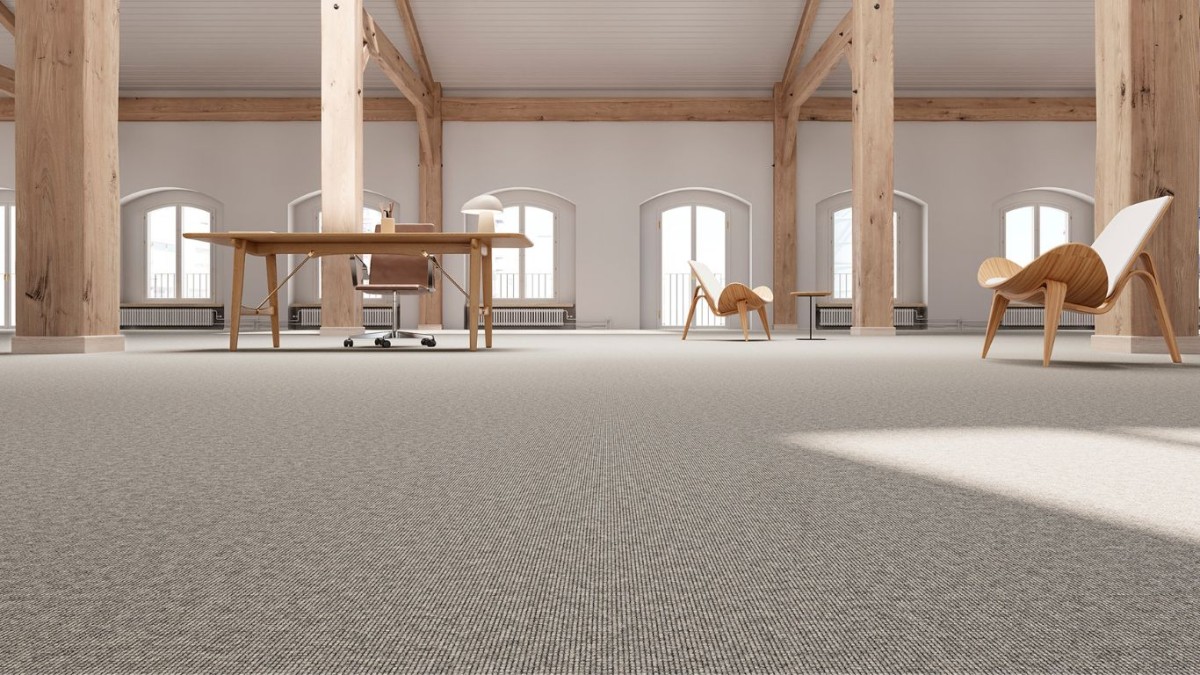
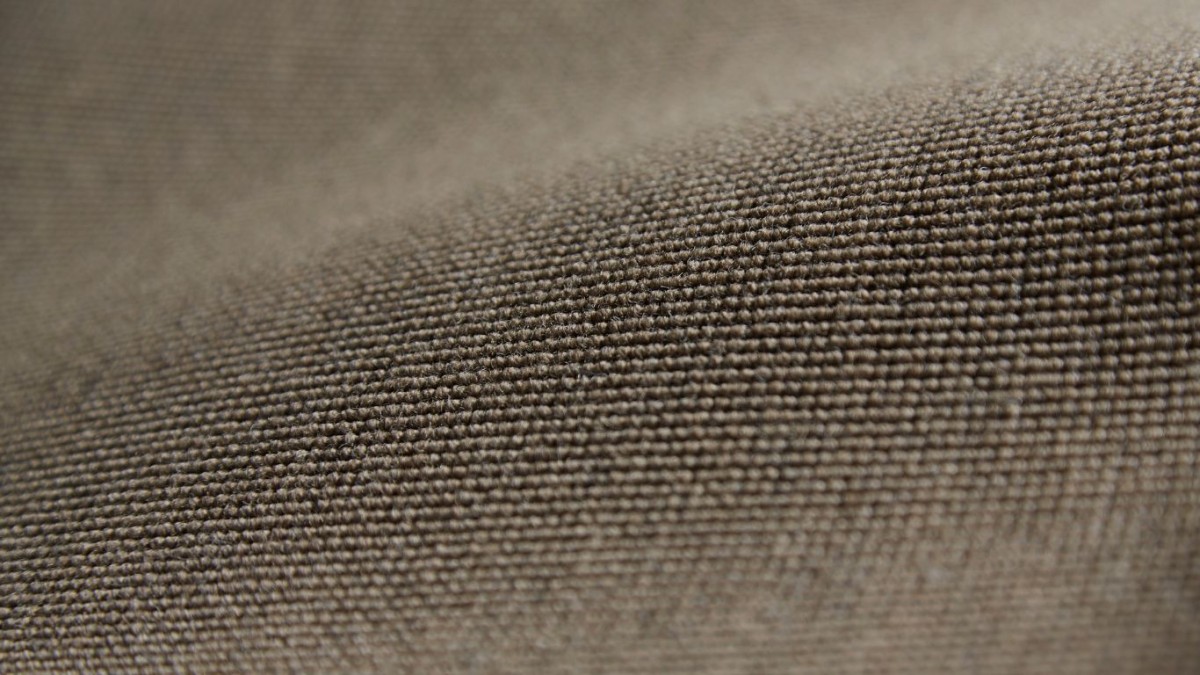
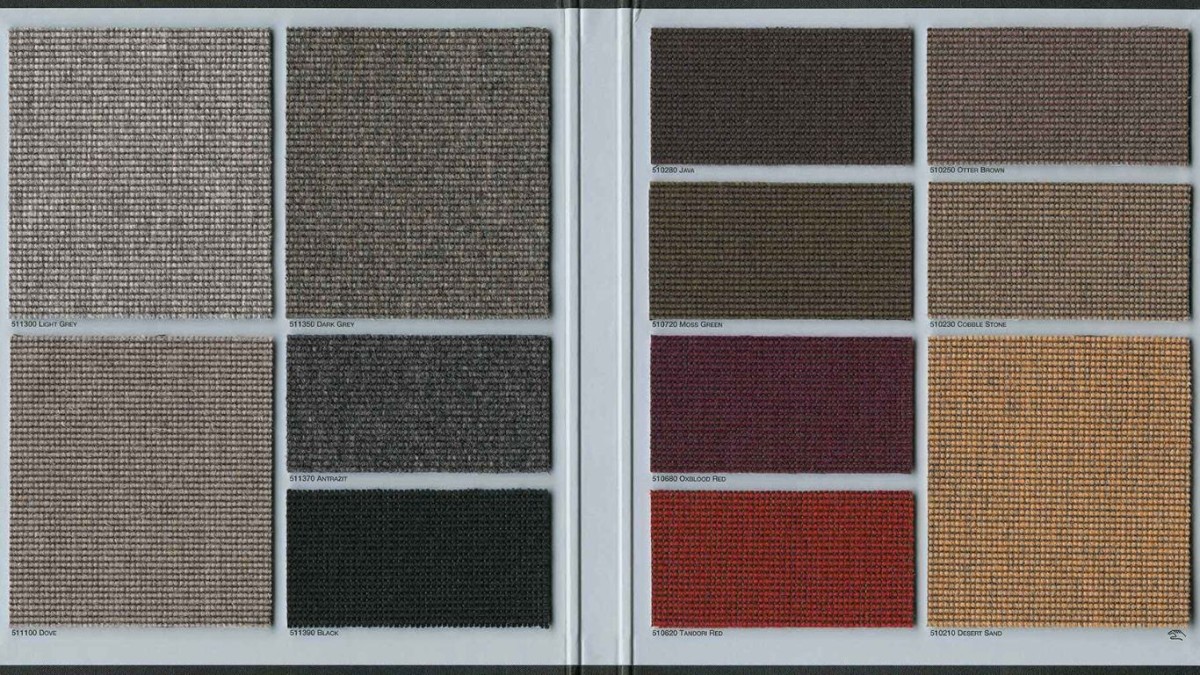


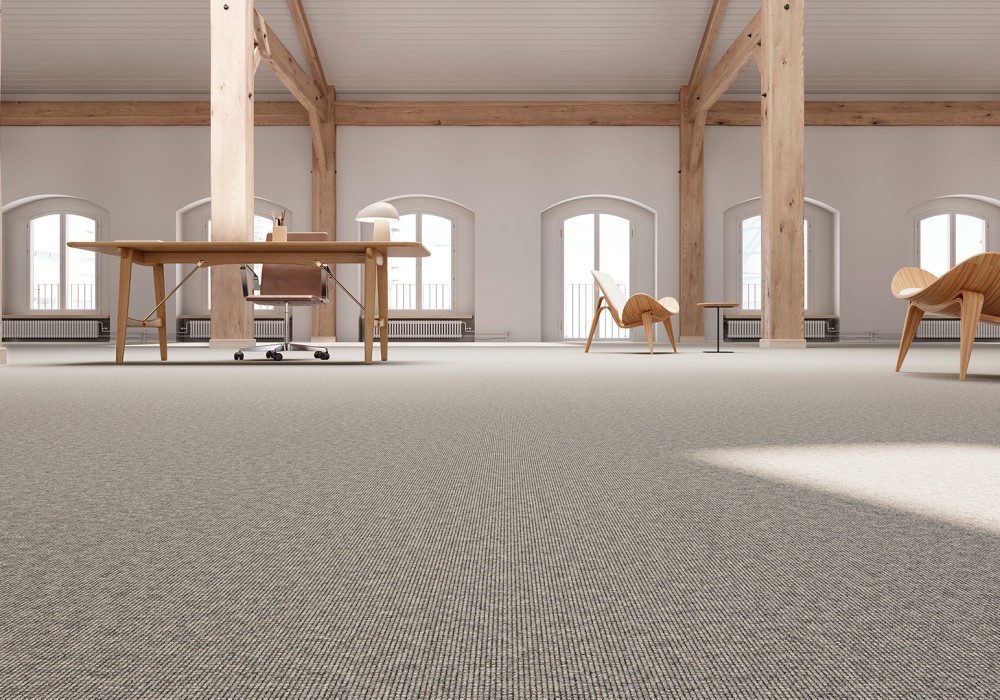
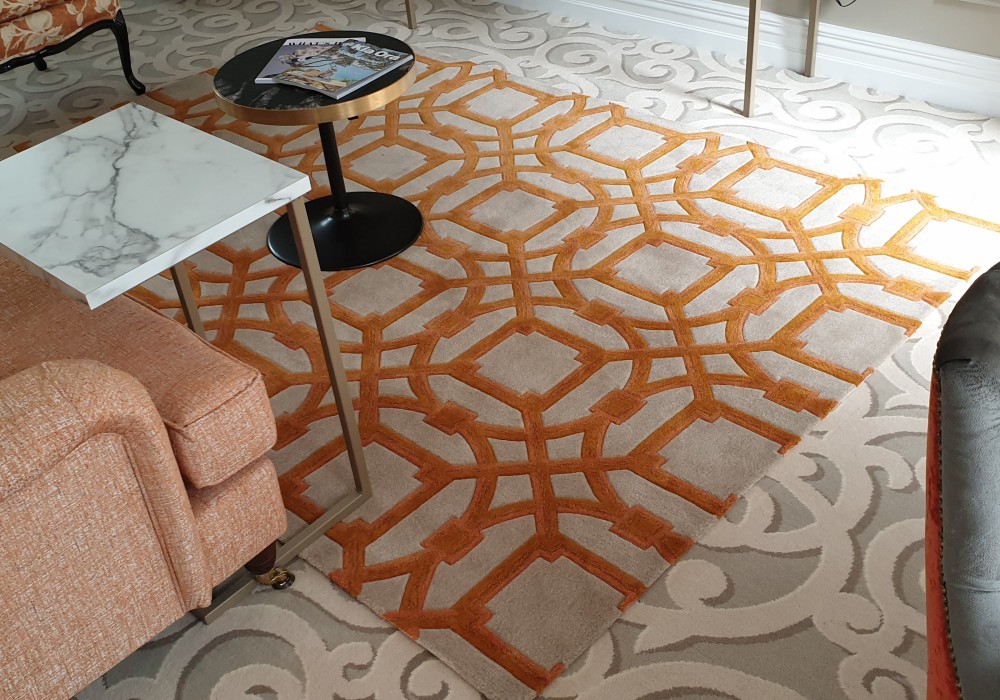
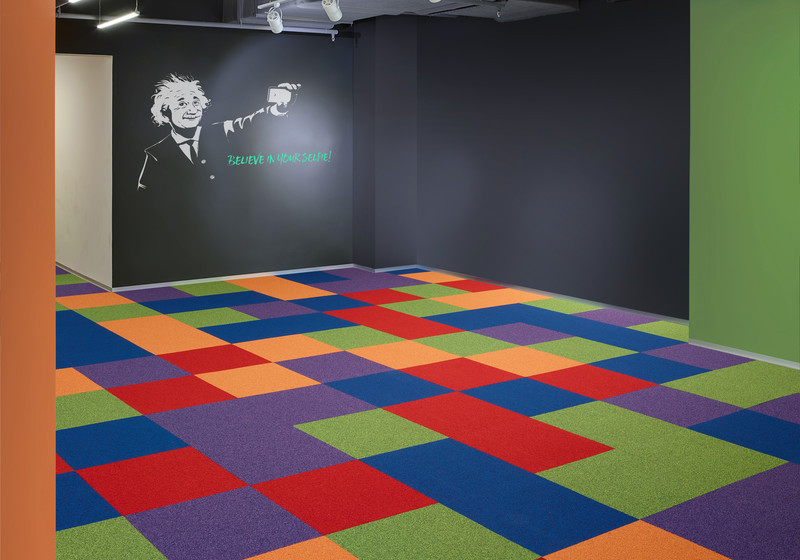
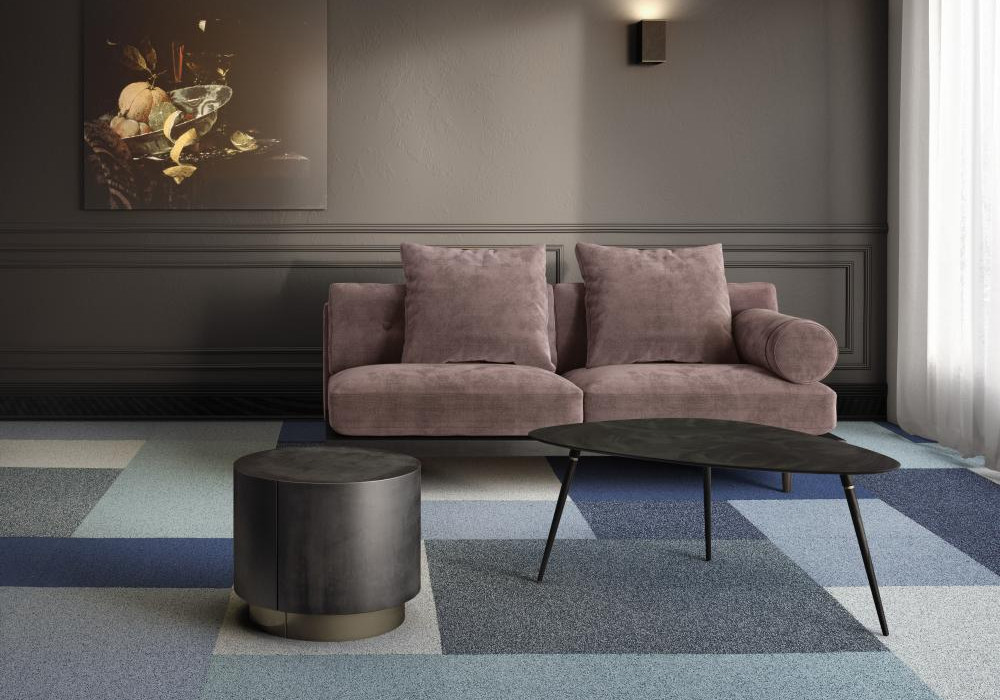

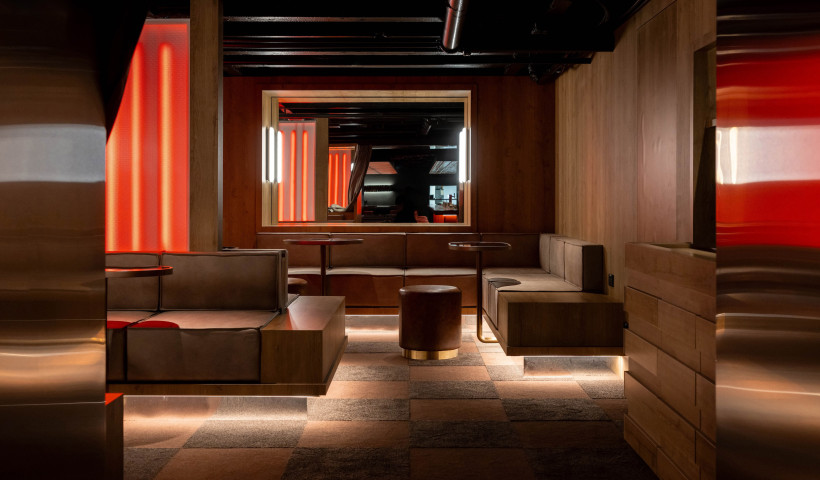
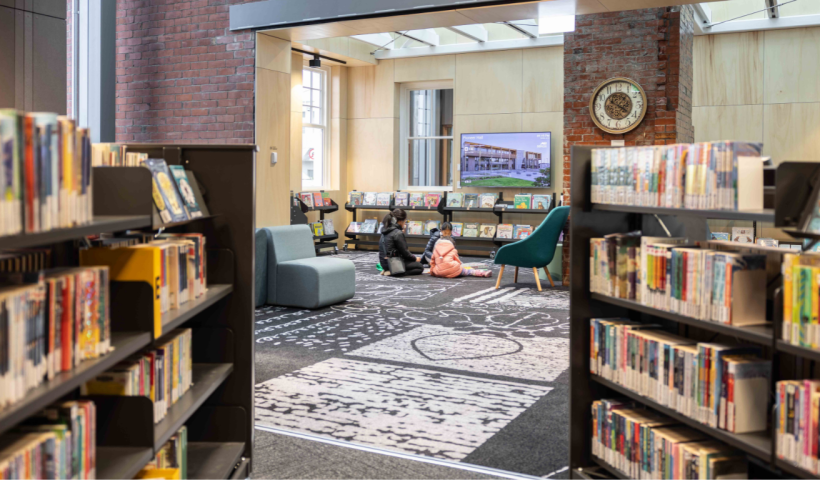
 Popular Products from Heritage Carpets
Popular Products from Heritage Carpets


 Most Popular
Most Popular


 Popular Blog Posts
Popular Blog Posts
